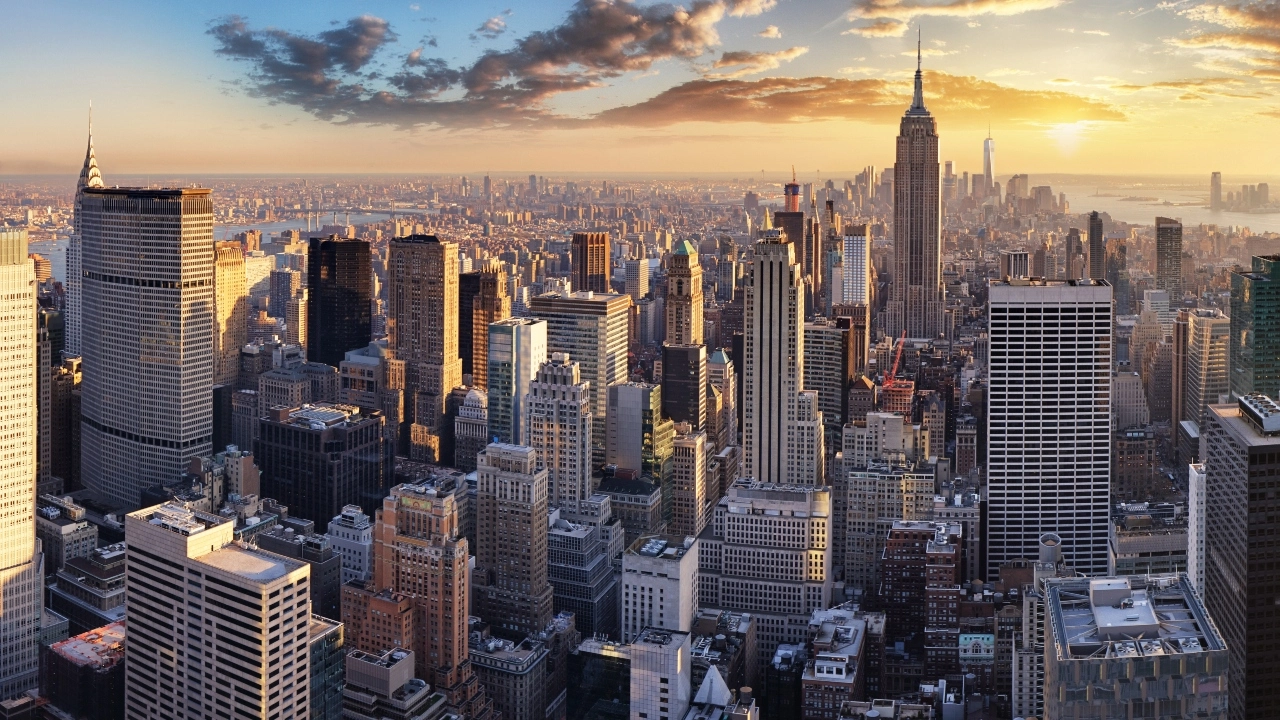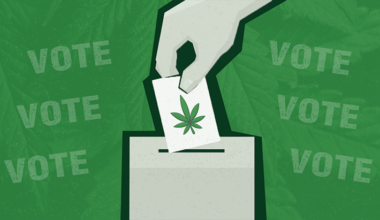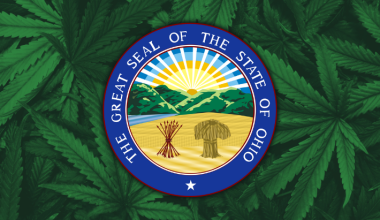Regulators in New York will consider imposing a “temporary” limit of 1,600 marijuana retail licenses issued by the state.
That’s the nonbinding suggestion sent to the state Cannabis Control Board by the Cannabis Advisory Board, which voted to approve the recommendation Friday, CAB chair Joseph Belluck confirmed to MJBizDaily.
The CCB would have to take further action for any limit to take effect.
Belluck stressed that the delay in new permits would be temporary and subject to constant reevaluation.
The notion of limiting permits at all is a new development bound to generate controversy in New York, where regulated marijuana retail sales are finally approaching the $1 billion-per-year mark after a rollout plagued by lawsuits and competition from the illicit market.
Not a license cap
The limit, which Belluck insisted is not a license “cap” like those implemented in other states, is meant to help both the New York market and its social equity operators avoid struggles seen in other states.
“It’s not a license cap, it’s a recommendation about how many licenses should be approved right now,” said Belluck, who noted that New York has issued permits to operators that have yet to open for business – and might not open at all.
The idea is “to try and do this in a smart way to both grow the market and to protect people who are opening retail locations,” he added.
“We don’t want to be in a position where revenues are declining because so many stores are opening.”
Whether the CCB adopts the CAB’s advice or chooses to limit retail licenses to another number will have to wait until the CCB meets next year.
The state Office of Cannabis Management, which is separate from the CCB but follows the board’s direction, did not immediately respond to a request for comment on Friday.
Too many marijuana permits?
During Tuesday’s Cannabis Control Board meeting, OCM acting Executive Director Felicia Reid said the agency is taking pains to not “saturate” the state’s fragile regulated marijuana market, which is starting to recover from a slow rollout.
However, it remains to be seen how many permits are too many in New York, a state of 20 million people that includes the nation’s most-populous and most-visited city.
Data presented to CCB and cited during the Tuesday meeting suggests New York might be able to support as many as 2,000 stores.
With twice the population, California has 1,219 licensed marijuana retailers, according to state data – and many of those are struggling under the weight of heavy taxes and falling sales.
According to CAB’s recommendation Friday, “Once there are more than the stated 2,000, we will see market compression (in New York).”
“These protections are imperative both for the success of existing operators and those seeking to secure a license,” the board recommendation added.
“However, to grant all qualifying persons a license at the same time is irresponsible to the market that has already seen a slow and bumpy rollout.”
Nearby New Jersey last year eliminated a cap on cultivation facilities.
Neighboring Connecticut has a strict license cap where permits are awarded by lottery.
Limited licenses
It’s unclear how many cannabis business license applicants would be impacted by the proposed limit.
It’s also unclear if and when permitting will resume in earnest at all.
A state judge on Thursday ordered OCM to temporarily stop issuing new conditional adult-use retail dispensary (CAURD) permits as well as “all other provisional” cannabis licenses.
But the CAB’s discussion is acknowledgement of a widely held principle: It’s easier to turn a profit in limited-license states such as Connecticut and Maryland than in states with no licensing limit, such as California and Michigan.
But since New York has no license cap – and since thousands of applicants for marijuana business licenses applied for permits last year believing the state would not limit licenses – the CAB’s recommendation raises questions for both license holders and applicants, observers said.
Marijuana social equity
According to Belluck, part of the CAB’s motivation for a cap isn’t to benefit large players but to boost social equity permit holders – including participants in the CAURD program who were supposed to benefit from New York’s 2021 legalization law.
Some of those operators already are struggling to pay back expensive loans.
Critics of license caps say such limits create artificial scarcity and empower government officials to pick winners and losers rather than the free market.
That’s where New York’s suggested “limit” will differ, Belluck told MJBizDaily on Friday.
“I think the market should largely determine what happens, but we have legislation and a law that sets some priorities that we have to be sensitive to,” he said.
“We want the market to succeed, and we want the people in that market to succeed, and that requires some balancing.”
Chris Roberts can be reached at chris.roberts@mjbizdaily.com.
Medical Disclaimer:
The information provided in these blog posts is intended for general informational and educational purposes only. It is not a substitute for professional medical advice, diagnosis, or treatment. Always seek the advice of your physician or other qualified healthcare provider with any questions you may have regarding a medical condition. The use of any information provided in these blog posts is solely at your own risk. The authors and the website do not recommend or endorse any specific products, treatments, or procedures mentioned. Reliance on any information in these blog posts is solely at your own discretion.






